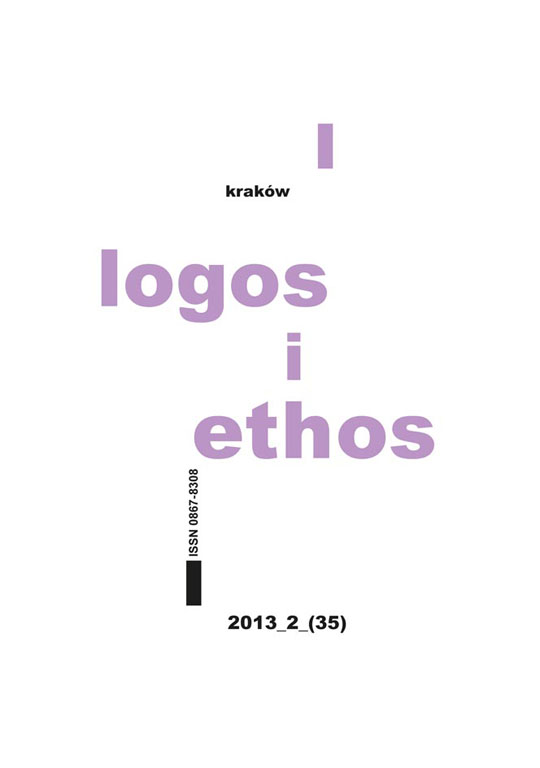Mikołaj Bierdiajew jako inspiracja dla filozoficznego myślenia o piekle
DOI:
https://doi.org/10.15633/lie.159Słowa kluczowe:
hell, justice, punishment, immortality, heavenAbstrakt
In the discussion concerning the understanding of what hell is, the opinion of the Russian philosopher Nikolai Berdyaev is very important. He is strongly opposed to the attempts to rationalize the problem saying that, sooner or later, they breed fear and anxiety. Hell is pure subjectivity, the inability to go beyond the circle of our spirit’s constant torment. Therefore, hell is not related to objectivity. Rather, it is a total confinement, a state of helplessness. It is being imprisoned in time, which has no end, a dream, from which it is impossible to wake up. Thus, it is not the result of God’s decision, a punishment for committed sins. On the contrary, it is the result of choice, being in favor of your own loneliness. Ultimately, it will remain only a creation of our rationalization. Therefore, we must have hope (which perhaps will be false) that hell does not exist.
Pobrania
Opublikowane
Numer
Dział
Licencja
Prawa autorskie (c) 2013 Mirosław Pawliszyn

Utwór dostępny jest na licencji Creative Commons Uznanie autorstwa 4.0 Międzynarodowe.
Autorzy publikujący w czasopiśmie udzielają jego wydawcy zgody o następującej treści:
- Autor zachowuje autorskie prawa majątkowe do utworu, a jednocześnie udziela wydawcy czasopisma zgody na jego pierwszą publikację w wersji drukowanej i wersji online na licencji Creative Commons Uznanie autorstwa 4.0 Międzynarodowe oraz zgody na wykonywanie opracowań, w tym przekładów.
- Autor ma możliwość udzielania zgody niewyłącznej na opublikowanie utworu w wersji, która ukazała się w czasopiśmie (np. zamieszczenia go w repozytorium instytucjonalnym lub opublikowania w książce), wraz z informacją o jego pierwszej publikacji w czasopiśmie.
- Autor może umieścić swój utwór online (np. w repozytorium instytucjonalnym lub na swojej stronie internetowej) jeszcze przed zgłoszeniem utworu do czasopisma.

